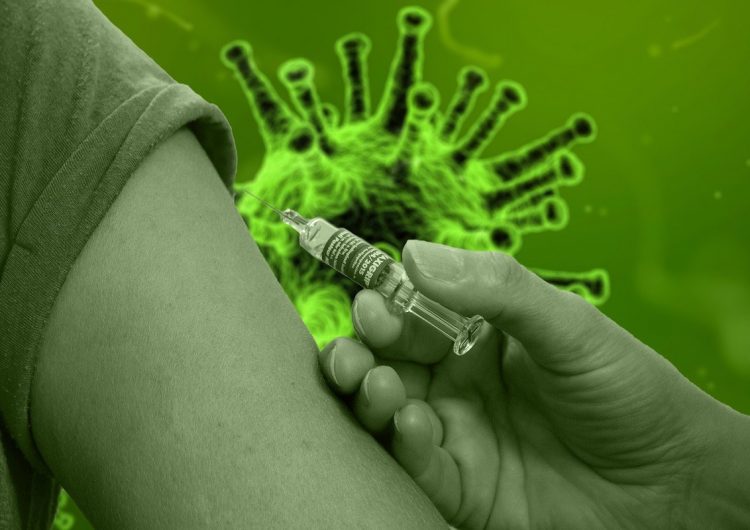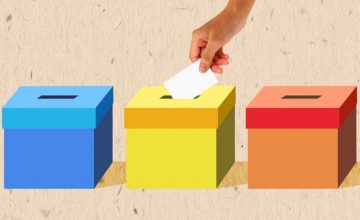Hey stuck-at-home TikTokers and students struggling with online class: Aside from “social distancing,” we can actually help in saving the world in more ways than one.
As of writing, the number of people in the Philippines infected with COVID-19 has reached 140—which includes a 13-year-old girl—and a total of 12 fatalities. Witnessing the spike of these cases can make us feel frustrated and helpless. But even though we aren’t frontliners or healthcare workers ourselves, there are ways we can help battle this global emergency.
Various donation drives have been up on the interwebs recently, including one for the COVID-19 test kits developed by lead scientist Raul Destura and UP National Institute of Health. On Facebook, the UP Office of the Student Regent and UP Medical Foundation called for funding, “Our UP Scientists need help! Bayanihan laban sa COVID-19!”
Read more: PSA DDS: Research and human rights will save everyone from COVID-19
Contributions would play part in the kit’s needed field validation in five different centers all over the country, supply in various labs, and logistics—which includes transportation and food accommodation of people needing to go to the center to be tested. UP-NIH also needs to reach millions of pesos for their workers’ PPE (personal protective equipment).
According to Inquirer, health secretary Francisco Duque said that UP-NIH’s test kit is cheaper at P1,500 per test. Its imported counterpart costs as much as P8,500 per test.
Let’s help the UP-NIH team fund their kits ??
The U.P. Medical Foundation, Inc
Bank: BDO, Bocobo-Pedro Gil Branch
Account No: 353-0094-018.
Email address is <[email protected]> pic.twitter.com/DSPdW9bDVL— Ria Atayde (@RiaAtayde) March 14, 2020
The Research Institute for Tropical Medicine (RITM), which conducts confirmatory testing for COVID-19 cases uses test kits from the World Health Organization (WHO). Results from these kits are obtained from 24 to 48 hours. Meanwhile, UP-NIH’s test kits have a running time of 45 minutes to 2 hours.
This is why supporting these test kits could be vital in solving the outbreak in the country.
Aside from UP-NIH, it’s alarming how even hospitals are the ones lacking much-needed resources now—including tertiary state-owned Philippine General Hospital. On different platforms, they’ve asked for help in the supply of surgical masks, N95 masks, rolls of tissue paper, and gallons of 70% alcohol, among other PPEs.
Pamantasan ng Lungsod ng Maynila is also asking the public to help out in backing up for the frontliners of Ospital ng Maynila. On Twitter, they asked for surgical masks, N95 masks, gloves, alcohol and gloves among other things. Both PGH and Ospital ng Maynila also welcome monetary funding. Note that these public hospitals hold more patients than we imagine—and they’re more vulnerable due to their poorly-funded environment, too.
[CALL FOR DONATIONS]
We are asking for donations for our frontline health workers in Ospital ng Maynila Medical Center. Let us help them as they continue to serve their patients.Read the full post here: https://t.co/nWe2z3PmdX pic.twitter.com/6jwKc1kUVe
— PLM CMSC (@PLM_CMSC) March 15, 2020
Read more: Cinemalaya 2019’s ‘Edward’ reveals the sorry state of public health
We won’t lie—seeing people gather and help in times of crisis is commendable and comforting. But it’s also disheartening to know how we’ve gotten used to relying on each other, when we could’ve gotten proper funding for the government (which, by the way, cut P50B from our health budget and P456M from PGH’s budget too). When will we ever stop banking on toxic positivity and exhausting what’s left of so-called Filipino resiliency? It looks like we have no choice but to depend on each other for now, but we’d still like to be proven otherwise—especially in this pandemic.
Header by TheDigitalArtist from Pixabay

























Comments